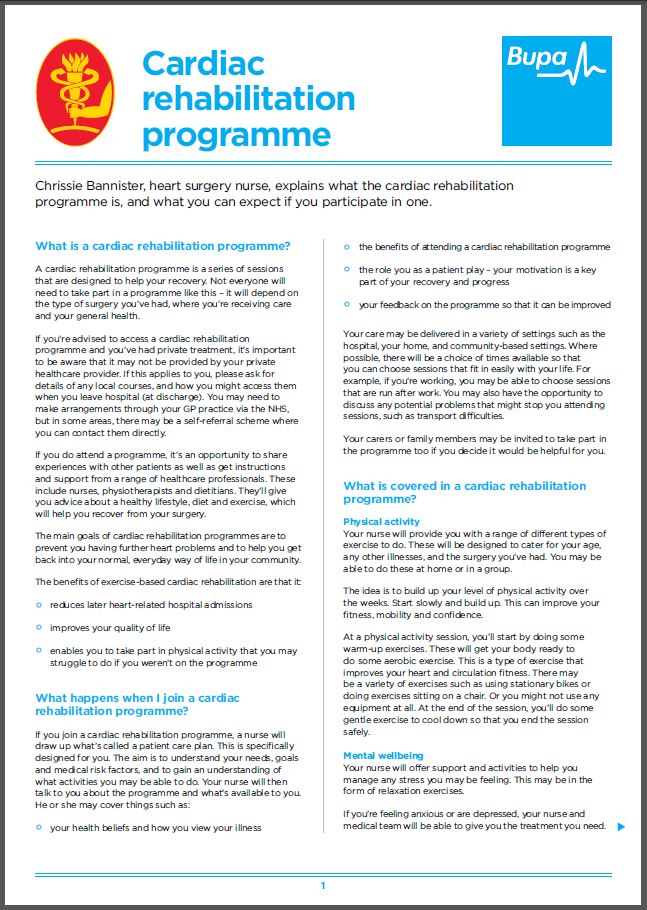Breaking a dependency is not just about stopping, but it is likewise important to execute the modifications you have made in to your daily life. Ongoing assistance once you have actually left rehab is vital to guarantee your long lasting abstaining and this will come from medical staff in addition to friends and family.
More than 20 million grownups struggle with substance usage condition in the United States. The large majority of those grownups (roughly 15%) are addicted to alcohol, while the rest are addicted to drugs like heroin, drug, benzodiazepines, and meth. Unfortunately, less than 10% of those addicted to alcohol and drugs look for professional dependency treatment.
They might be scared to go into withdrawal, hesitate of what others might think of them, or simply just do not desire to stop using. Others grapple with the idea of needing to put their lives on pause while they get treatment. The potential length of time that somebody might require to commit to treatment can be intimidating in itself, serving as another deterrent for an addict or alcoholic who requires assistance.
Research studies have actually proven that the very best and most reliable method to treat dependency is through a combination of medication and therapy, all of which is offered through rehabilitation. And, research studies also reveal that the longer an individual remains in rehab, the more most likely they are to avoid relapse and stay sober.
The 3-Minute Rule for How To Get Approved For Voc Rehab
Unfortunately, at the time of admissions, it is almost impossible to identify the exact length of your stay. This is due to the fact that your time invested in rehabilitation is based on elements such as your ongoing development in the program and the expert opinion of your therapist and other professionals. Many all incoming patients, nevertheless, prepare to remain involved in treatment for a minimum of one month, regardless of what https://gumroad.com/raygarnmxu/p/10-easy-facts-about-how-to-get-someone-court-ordered-rehab-shown level of care they are set to receive.

Prior to getting you began in a treatment program, you will need to talk with the admissions team at the treatment center where you are seeking care. These experts work to gather as much info about you and your relationship with drugs and/or alcohol in an effort to establish an individualized care strategy.
It is vital to be as truthful with your responses as possible, as the type of care you get will be based upon what information you provide. Some of the a lot of standard questions that are asked when getting in into a treatment program include, but are not restricted to, the following: What compounds have you abused? What substance are currently you abusing? For how long have you been abusing this compound for? How much of this compound are you utilizing at a time? Are you utilizing more than one substance at a time? If so, which compounds and how much? Do you have any diagnosed mental health conditions? Do you have any medical conditions? Do you have a household history of substance abuse? If so, with who? Do you have a family history of mental illness? If so, with who? Do you have member of the family with co-occurring conditions? What is your present living environment like? Are you used? If so, what is Click here your work schedule? Do you have insurance coverage? Do you have a support system at home? Your answers will help admissions professionals much better understand things such as the seriousness of your drug abuse, your family history with this and other illness, and what your existing home environment resembles.
As you start your treatment, you will be working carefully with several mental health experts who are going to assist guide you in your healing. In numerous ways, the amount of time you spend in rehab depends on you. The more easily you share details, the easier it is for therapists to assist treat you.
How How Old Is Nicole Curtis Rehab Addict can Save You Time, Stress, and Money.
However, remember that sometimes, regardless of what you do on your end, staying in treatment for a designated quantity of time may be what is finest for your unique situation. So, how long do people tend to remain in treatment? Most treatment programs offer choices for 30, 60, or 90 days long stays.
The length of time that you stay in other levels of care generally varies from 6-12 weeks per program. As a result, you might spend anywhere from 30 days to more than a year in treatment, however once again, that window of time is carefully figured out and you have the choice of continuing to get involved or not (nevertheless not following medical/psychiatric suggestions is usually advised versus).
Rehab programs consist of the following: Cleansing, or "detox," is an outright requirement for those individuals who depend on drugs and/or alcohol. This is the primary step for lots of who start treatment for addiction, as getting mind-altering substances out of the body is crucial. Throughout detox, clients will be supervised around-the-clock while they await drugs and/or alcohol to clear their systems.
People can stay in detox anywhere from a couple of days to about two weeks approximately until they proceed to a therapeutic program. how long can you stay in rehab with medicare. Generally, the more major the addiction, the more time a person spends in detox. Once detox has been completed, the patient can then decide what their next steps are in regards to further treatment.
How To Convince Someone To Go To Rehab - An Overview
If you enroll in this kind of rehab, you will live at the facility throughout of your treatment, which can last anywhere from 30-90 days depending upon your needs. A partial hospitalization program, or PHP, is perfect if you do Article source not require to live at a treatment center but still require everyday therapy and medical help.
Partial hospitalization programs are short-term treatment programs, indicating that patients normally just invest a couple of weeks there. In some cases, nevertheless, clients can remain in a partial hospitalization program for a few months at a time. Extensive outpatient programs, or IOP's, typically last anywhere from a few weeks to up to six months.
You will invest a number of hours a day in therapy while at the facility, meaning that it will be not likely for you to keep a full-time job or significant dedication elsewhere if you remain in this program. You may begin your treatment in an IOP or you might shift into an IOP from residential treatment or detox, meaning that your overall stay in rehab can be anywhere from a couple of months to more than a year.
When you do not require intensive take care of your addiction, or when you need additional treatment after finishing higher levels of care, outpatient treatment can be your finest option. The time you invest in outpatient treatment will be reflective of your needs. Normally, however, outpatient programs run from a number of weeks to over a year.
